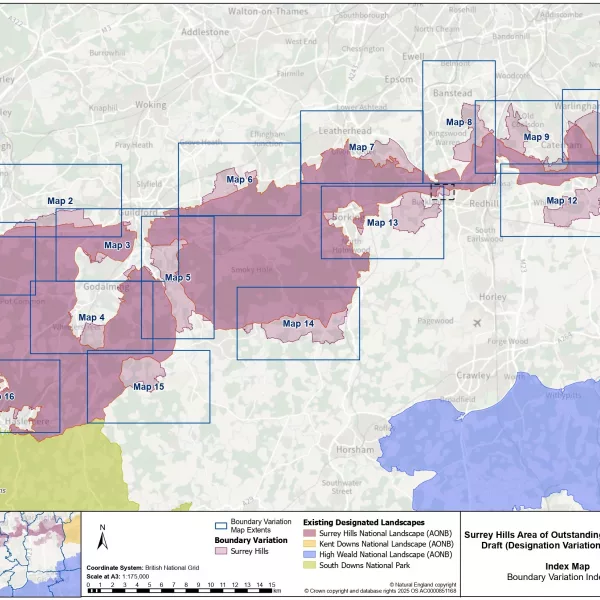
The King's Speech 2024
A new government, new energy (literally) and an extensive list of proposals featured in the Kings Speech this week. Notwithstanding that the ‘devil is in the detail’ on how they intend to amend the NPPF and legislation to reflect these aspirations, the pro-development, pro-delivery agenda is there for all to see and will be welcomed within the industry.
The new Labour government previously indicated that they would produce an updated version of the National Planning Policy Framework (NPPF) within its first 100 days and we will be closely monitoring this, providing an update in due course. Whilst not necessarily giving Local Planning Authorities sufficient confidence to progress their Local Plans just yet, hopefully the forthcoming changes will look to tackle the uncertainty and delays associated with the most recent changes to the NPPF under the Conservative government.
The Kings Speech has outlined a new Planning and Infrastructure Bill, that will be “…key to unlocking our country’s economic growth…” and will “…speed up and streamline the planning process to build more homes…”, which promises deeper, more ‘root and branch’ changes than perhaps previously seen in recent times.
We know housing targets are going to be mandatory, but the shape of that is unclear, including how these will ultimately interact with changes to the Standard Method of calculating local housing need, which have been mooted. How this will interact with affordable housing and homes for older people, including those ‘who require retirement housing, housing-with-care and care homes’, as the NPPF puts it, also remains to be seen.
Given the Government’s emphasis on re-balancing and looking after the more vulnerable in society, affordable housing as an element of the overall housing offer may also receive a significant boost up the ladder. Up to now, affordable housing has been vulnerable in viability cases, particularly in those authorities who charge CIL. Perhaps individual affordable housing build targets (e.g. 50% on grey belt land), or greater certainty on the percentage of market housing that can be provided to ‘fund’ these types of development as rural exception sites could be in the offing.
We do know the Green Belt is going to be a greater source for housing and commercial development, hopefully freeing up those large swathes of concrete which currently have no development on them but did so in the past. Interpretation of what constitutes a sustainable location may need to be reviewed further to support these sites, many of which are by their nature outside existing settlements, being more urban fringe or ‘settlement adjacent’ locations.
More boots on the ground within Planning Departments can only be a good thing and should be welcomed by all. The interestingly titled ‘modernising Planning Committees’ proposal, whilst sounding slightly ominous, should hopefully mean less over-turning of Officer recommendations for approval – recommendations that are in the main well thought through, in-line with current guidance from Government and often as a result of intense negotiations with applicants to ensure development can occur whilst protecting the many and varied interests in their patches.
The above reforms, along with a whole host of infrastructure, funding and compulsory purchase changes, speak to exciting times ahead, which combined with the previous Government’s changes in permitted development rights to facilitate changes between uses and the re-purposing of redundant agricultural buildings for commercial and residential uses, should hopefully combine to provide a much wider range of development opportunities.
Other news
See all

London Housebuilding: Emergency Measures
The Government and GLA are currently consulting on two documents aimed at stimulating and reviving housing delivery across London, in response to a…...
Read now
Surrey Hills Area of Outstanding Natural Beauty - Boundary Extensions: Last opportunity to make representations
Natural England have given notice of their intention to Vary the Designation Order to include boundary extensions to the Surrey Hills Area of…...
Read now